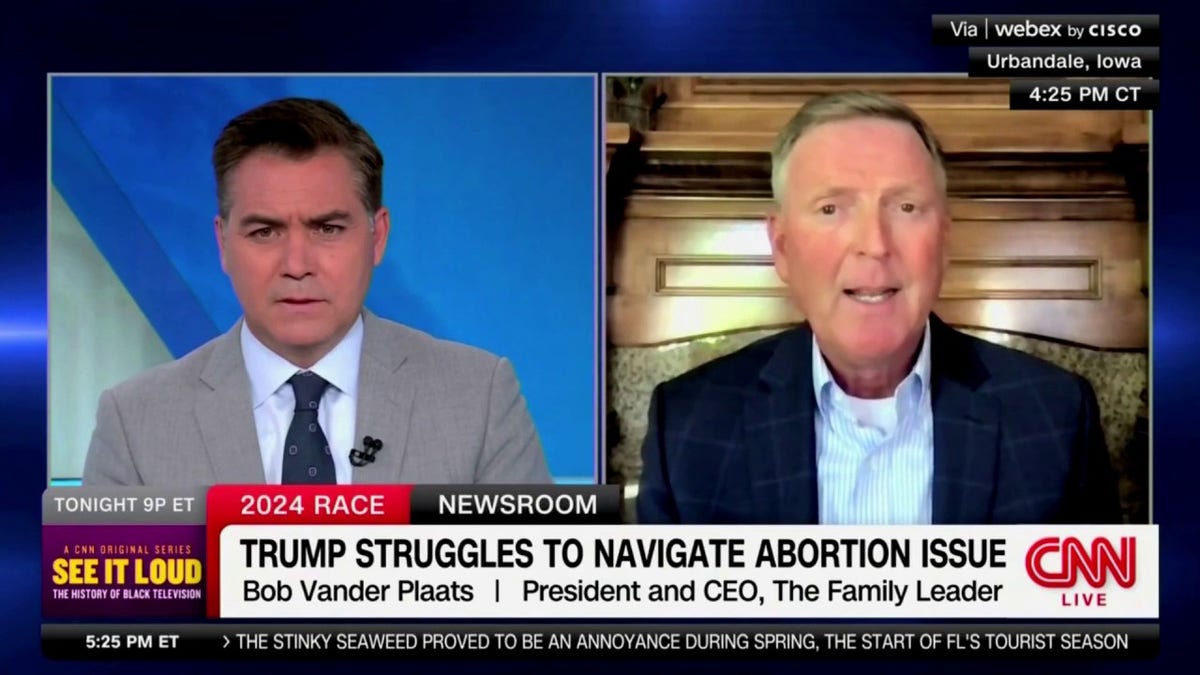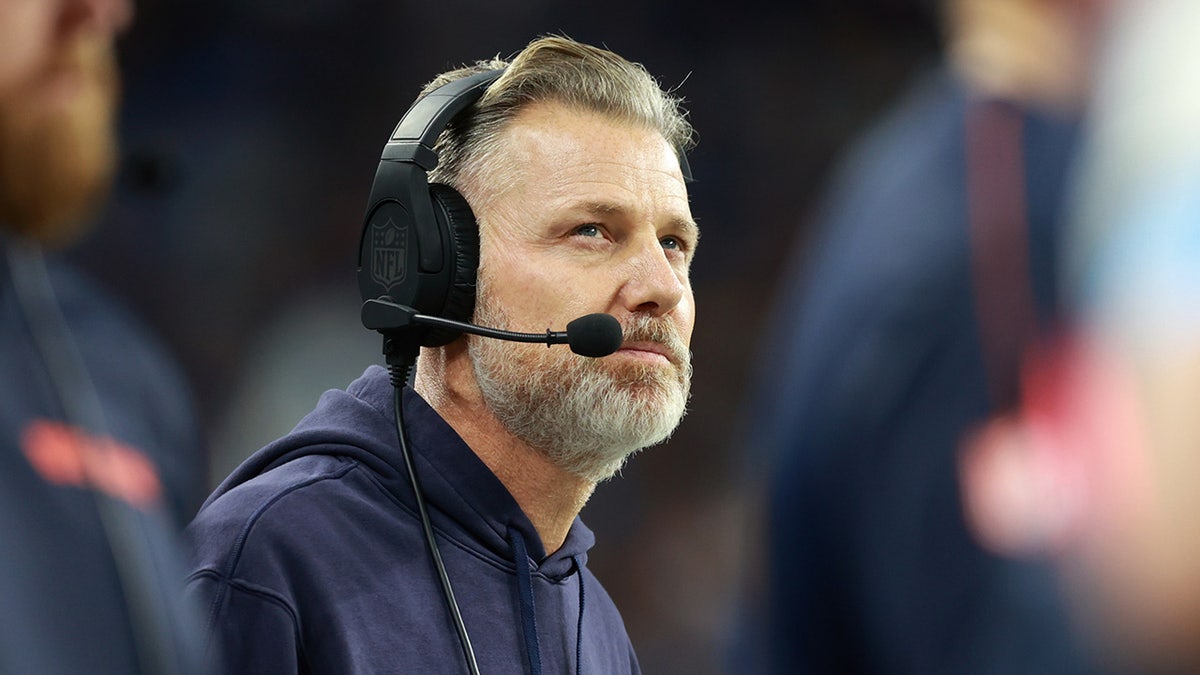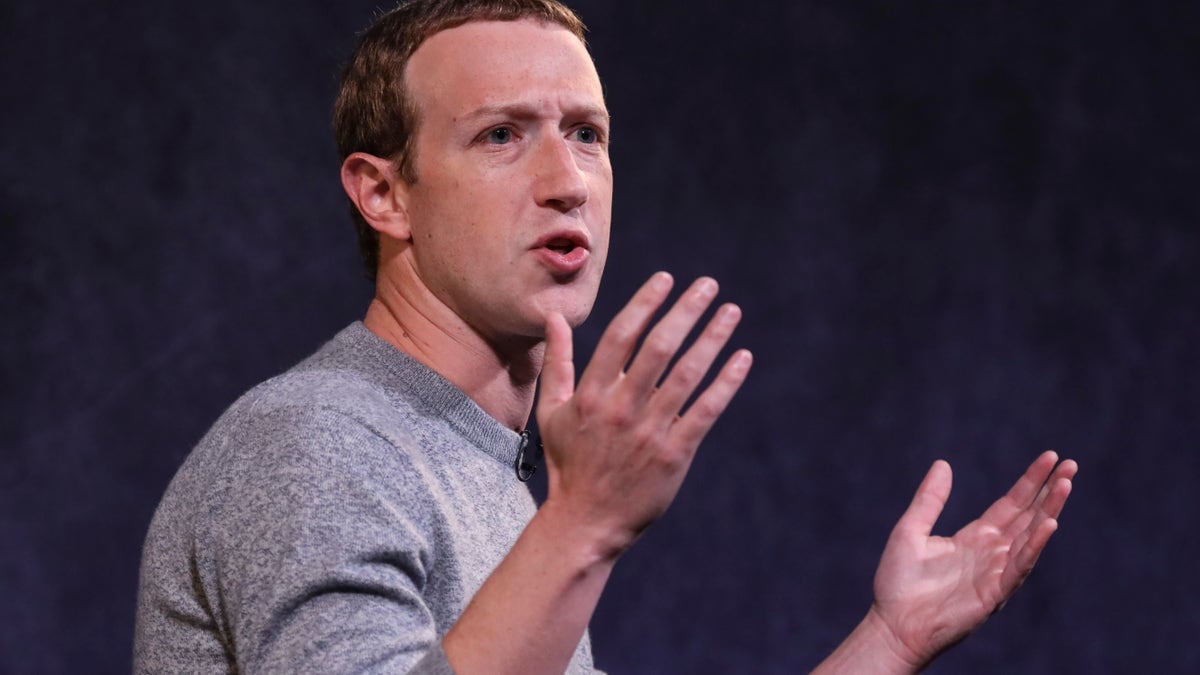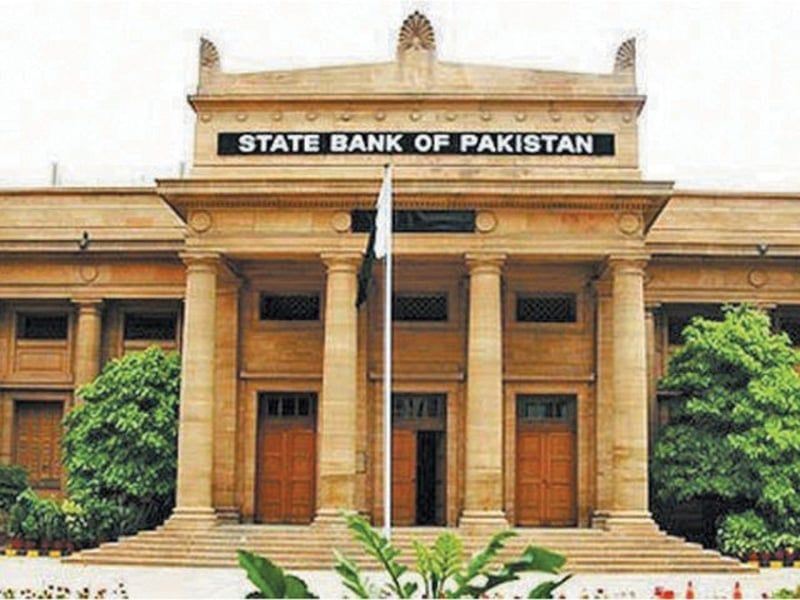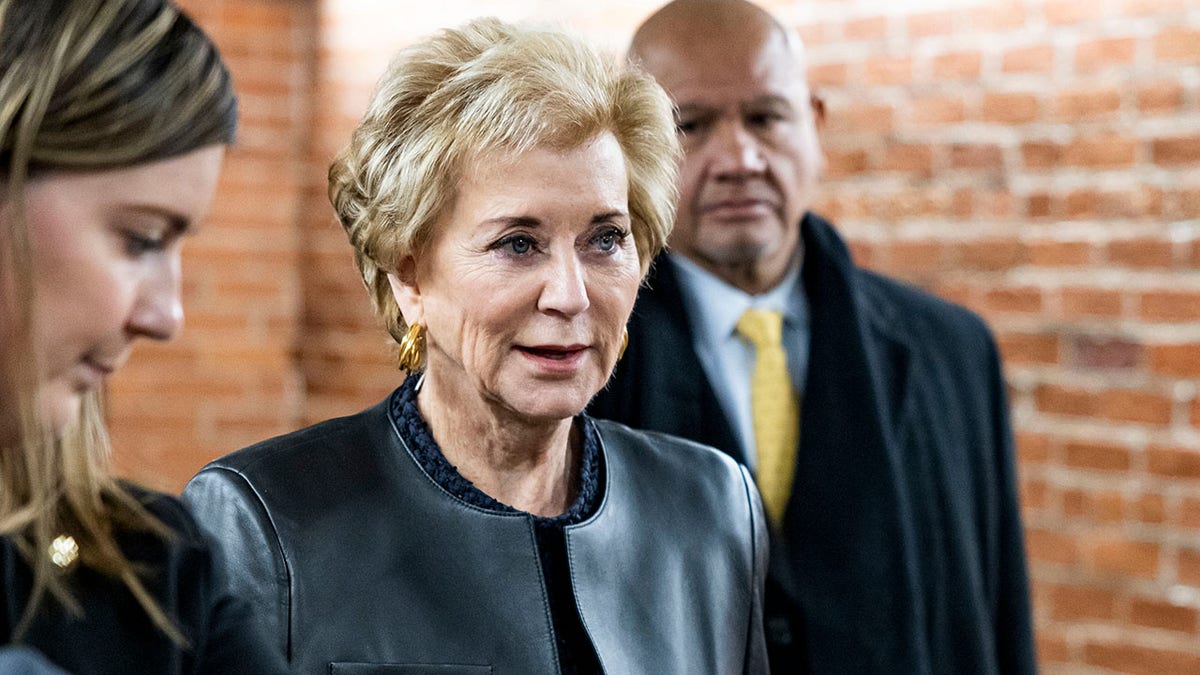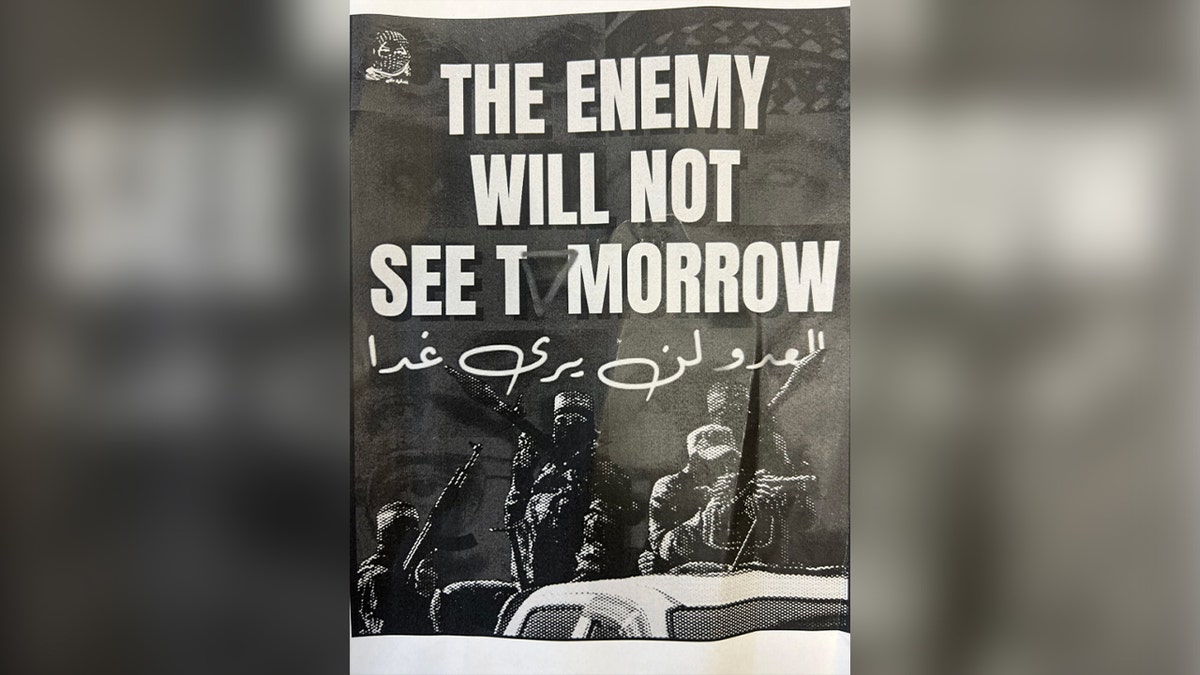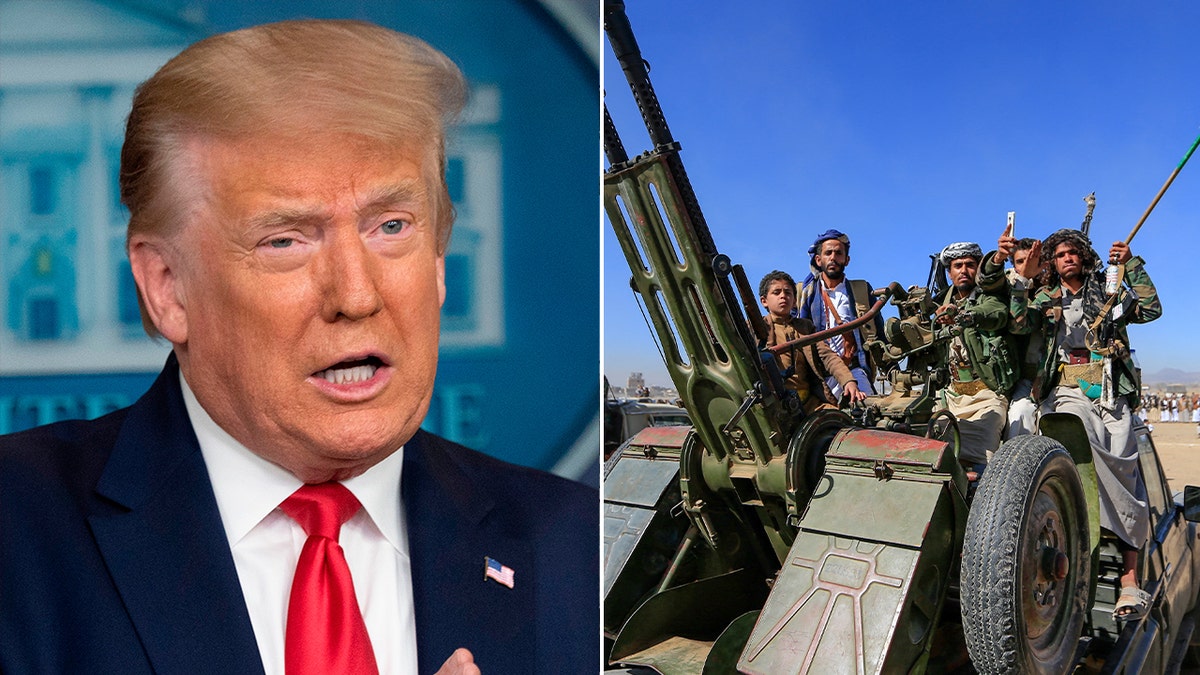A recent court order restricting the Biden administration's interactions with social media platforms has ignited controversy, drawing criticism from prominent figures like former Attorney General Eric Holder. The order, issued by U.S. District Judge Terry A. Doughty, prohibits specific administration officials from contacting social media companies with the intent to influence content removal related to protected speech. The injunction stems from a lawsuit alleging the administration colluded with these companies to suppress dissenting voices under the pretext of combating misinformation.
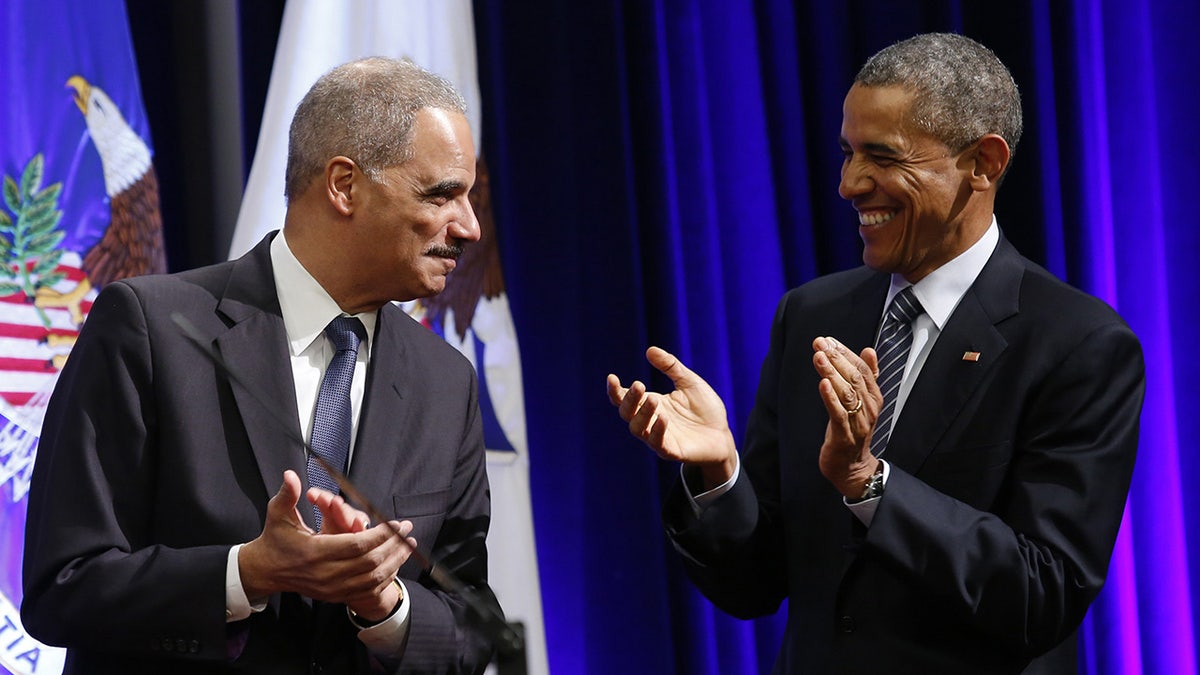
Holder, who served under President Obama, expressed his disapproval of the ruling, labeling it "pretty stupid and potentially dangerous" in a tweet referencing a New York Times article. The article framed the decision as a potential impediment to efforts against misinformation, a perspective contrasting with the lawsuit's core argument challenging those very efforts as infringements on free speech.
The injunction specifically targets communications aimed at encouraging content suppression, but it does not prevent contact regarding criminal activity, national security threats, or election interference. Several government agencies and officials are named in the order, including the Department of Health and Human Services, the FBI, the Department of Homeland Security, and officials such as Surgeon General Vivek Murthy and White House Press Secretary Karine Jean-Pierre.
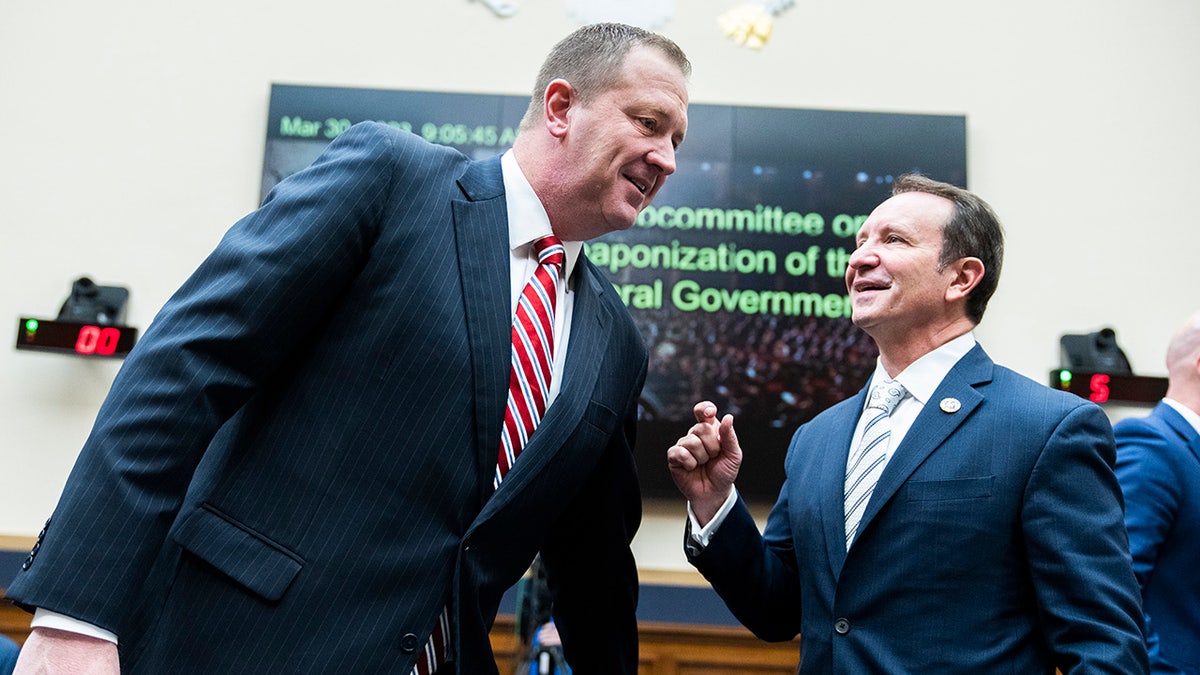
The lawsuit, brought by Senator Eric Schmitt and Louisiana Attorney General Jeff Landry, alleges that the Biden administration engaged in a coordinated effort to silence opposing viewpoints on social media platforms, masking this suppression as a fight against misinformation. This preliminary injunction marks a significant development in the ongoing legal battle, but it is not the final ruling in the case.
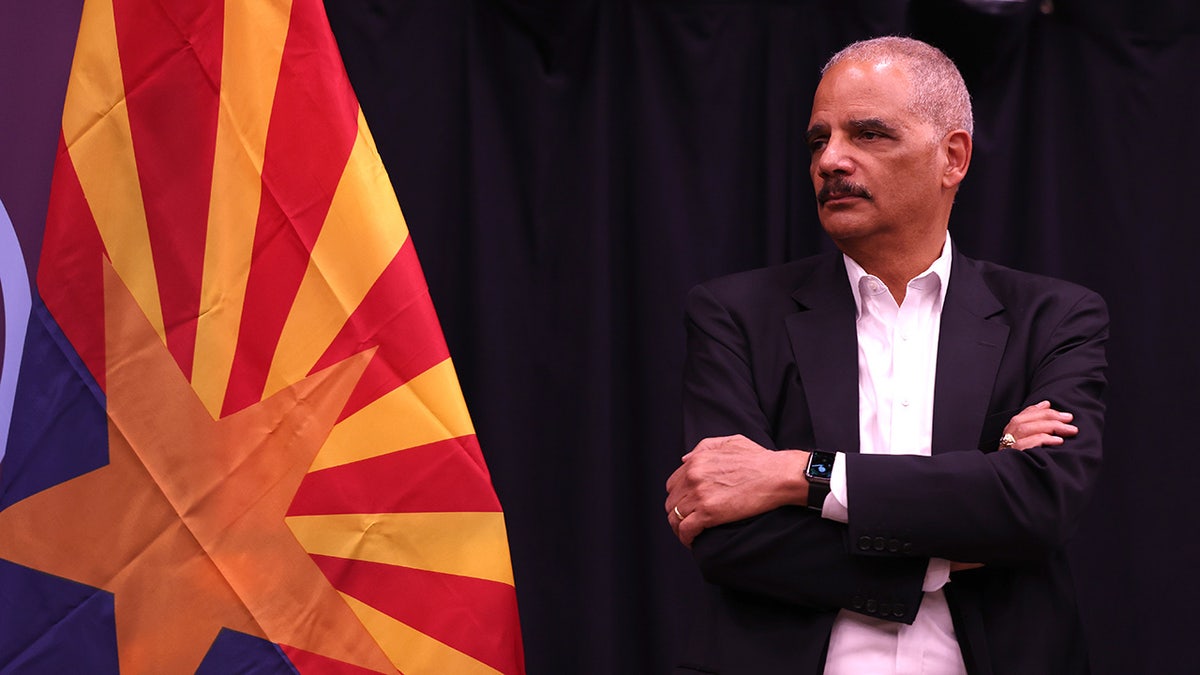
This legal challenge raises important questions about the balance between government efforts to combat misinformation and the protection of free speech online. The final outcome of this case could significantly impact the relationship between government and social media platforms.

